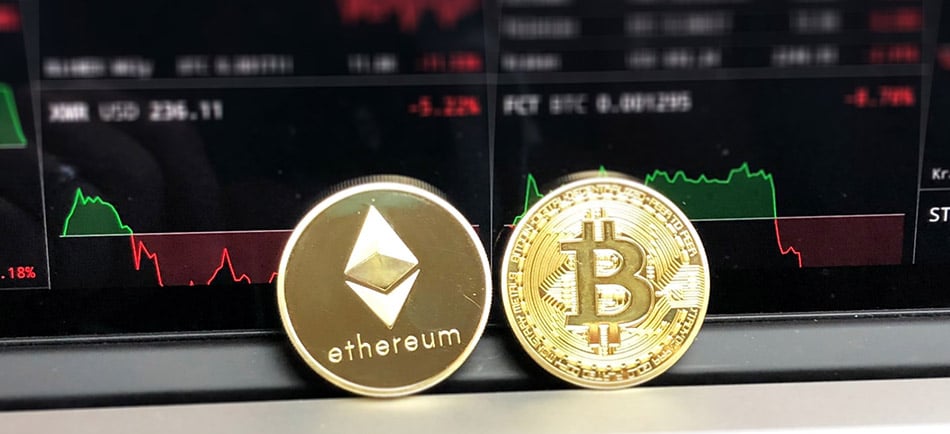Karura, the main decentralized finance (DeFi) project of Acala, bags the first parachain slot auction on Kusama, Polkadot’s experimental development environment. More than 500,000 Kusama tokens were raised from its global community, which values at $100 million.
The auction win guaranteed Karura a 48-week lease which will allow the DeFi network to begin producing its first block on the Kusama platform. The efforts to expand apps, tools and basic platforms for DeFi are spearheaded by networks like Cosmos, Solana, and Polkadot. In this way, developers won’t be burdened by the inflating cost and the rapid saturation on Ethereum ever since the DeFi market harbored a frenzy among investors.
Karura’s 48-week lease on Kusama provides esteemed opportunities desired by developers worldwide despite the fact that it is quite expensive by itself.
All About Karura
Karura was the brainchild of the Acala foundation. It was designed to be scalable and EVM compatible. As a DeFi token-trading platform, it offers several assets including an AMM DEX (Karura Dex), the trustless staking derivative (liquid KSM), and multi-collateral stablecoins.
As a DeFi network, Karura uses several applications to enable financial transactions. It was built to cater to the demands of the Kusama community primarily. Hence, the developers have long planned to incorporate Karura in the Kusama ecosystem while Acala is set to be launched on its “cousin,” Polkadot.
Having Karura in Kusama will allow developers to push their limits and launch innovative apps that can elevate the efficiency of financial transactions within blockchain technology.
Furthermore, Karura will now have the liberty to permit riskier financial parameters and engage in new collaterals while employing new innovative strategies. These outcomes can easily be expected from Karura as the DeFi network will now have access to Kusama’s plug-and-play security, interoperability among networks, micro-gas fees, and high-capacity processing speeds.
Karura’s launch and governance phase are highly anticipated. Although the rollout does not have a specific timeline or schedule, it is expected that it will happen as soon as the technical functions are ironed out.
All About Kusama
Kusama has the same codebase as that of Polkadot and is considered its experimental counterpart. It is a scalable network that has substrates building specialized blockchains. The nature of Kusama screams innovation without boundaries.
Unlike Polkadot, Kusama employs an experimental ecosystem where developers can push the limits of creativity and innovative skills in creating a custom blockchain.
When you are in Kusama, you can move fast and ship your product immediately. Process upgrade is highly encouraged along with rapid progress by eliminating impediments common among blockchain developers. The platform covers low barriers to entry which makes it perfect for startups.
A slot in Kusama is highly coveted because of its access to advanced technology that could potentially lead the blockchain technology leaps and bounds than its current state.
Its open governance also enhances its appeal to developers as the evolution of the network is determined by network participants.















